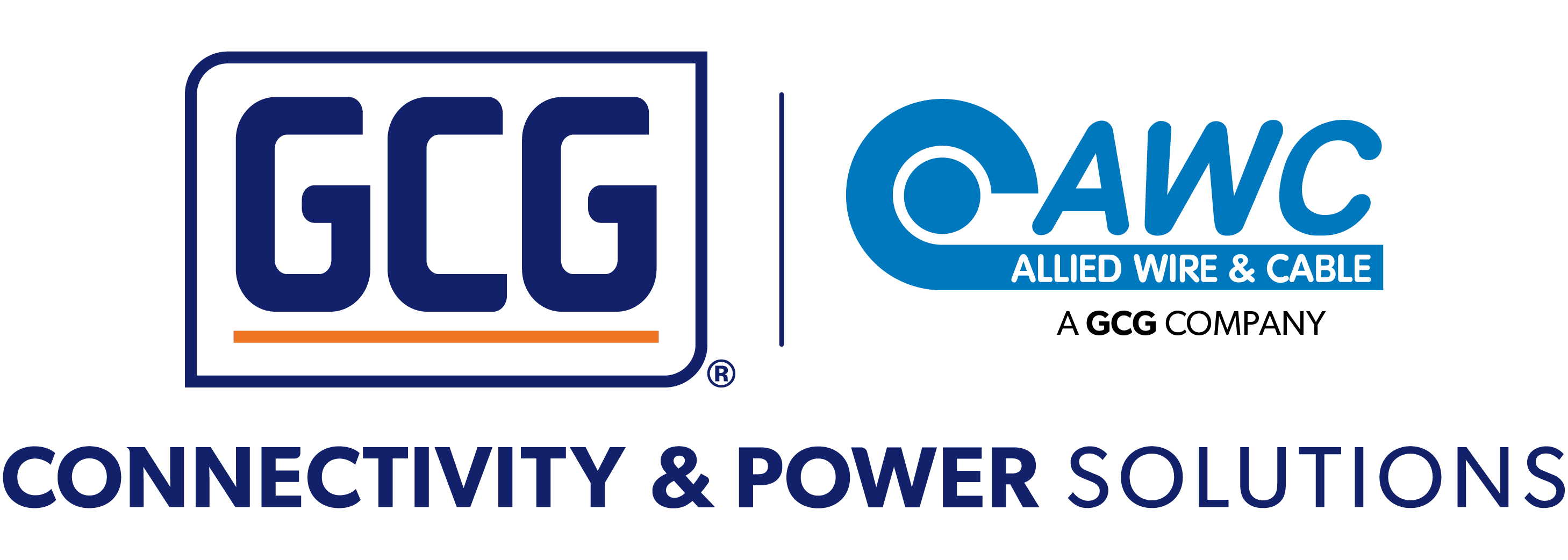Signal cable is used in data transmission applications that demand superior signal protection. These applications require some of the smallest, most flexible, and highly-screened cables on the market. Signal cables are used in a multitude of industries and can be found in everything from computers, medical equipment, and appliances.
Allied Wire and Cable carries a full line of signal cables, connectors and wires designed for flexibility and durability in data communications cable applications. For added flexibility, our cables are stranded in layers – a low-cost solution compared to other types of stranding. To minimize signal interference and allow for the best performance possible, many of our flexible signal cables also feature overall copper screens. The signal cables in this category may be used in dry, damp, or wet locations, making them even more versatile.
Additional Information
Consider our semi-rigid PVC cable for medical equipment and sensitive data processing applications. It is built to suppress electromagnetic interference (EMI) emissions to maintain crucial signal integrity and overall cable performance.
If you are working with European-designed computer technology, data transmission equipment, or other office equipment, check out our selection of multi-conductor overall braided signal cable. These cables follow the DIN color codes required for EU-based technology. Several of our cables are available with DIN color codes in addition to standard US color codes, so be sure to check product specs even if "DIN" is not in the product heading. As with our other signal cables, these also suppress electromagnetic signal interference – something important to consider for many of these applications. For American-designed computer technology, see our multi-paired PVC signal cable products.
Whether you are searching for a cable to be used in European or American equipment, our signal cable options meet industry standards required for most applications. Many meet UL, CSA, Cenelec (CE), and/or RoHS requirements you need. Our signal cables are available in many different constructions, including multi-paired and multi-conductor, screened, braided, shielded, and wrapped versions for optimum signal protection.
What are Signal Cables?
Signal cables are used to transfer electrical signals from one device to another. Signal cables are used to carry electrical signals. They’re also called data transmission cables because they carry data and power over long distances. Signal cables can be found in many different types of applications, including:
Audio/Video – The audio or video signal travels through the cable from one end to another.
Power – Electrical power is transmitted through the cable from one place to another (usually a wall outlet).
What Types of Signal Cables Are There?
Signal cables are used to transmit audio and video signals. Signal cables come in various materials, such as copper, plastic and other materials. They are used to connect audio and video equipment such as televisions, computers and game consoles; devices that use power from an outlet; speakers or headphones (headphones); amplifiers or receivers that amplify the sound coming through your TV set or computer screen; digital cameras or camcorders–the list goes on. The most common types of signal cables include:
Jacketed (also called “twisted pair”) – These are small rectangular pieces of wire that have been twisted together at regular intervals by an insulator on one side and bare metal on the other side. They’re used for data transmission between computers or other devices.
Shielded – Made from thicker insulation than jacketed cables but thinner than armor cable, these wires are covered with plastic sheaths so that noise isn’t transmitted along their length—they’re used for audio applications such as connecting speakers or transmitting radio waves through walls or floors without interfering with other signals
